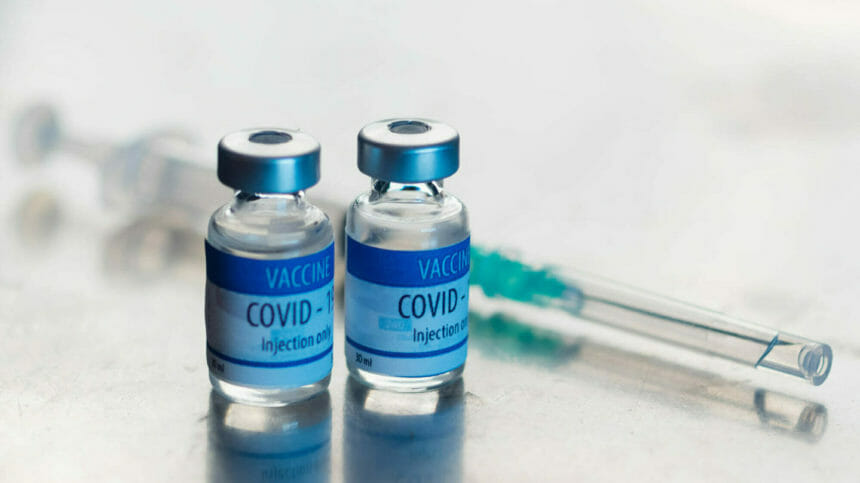
A panel of experts on Thursday agreed that the Food and Drug Administration should endorse a single, bivalent COVID-19 vaccine for both initial shots and booster shots. The standalone, original mRNA vaccines would ostensibly be phased out.
In a unanimous vote, members of the Vaccines and Related Biological Products Advisory Committee agreed that this move could help to reduce clinician and public confusion while providing recipients the best available protection against current variants of SARS-CoV-2.
‘Simple is better’
The change would mark a turning point in the pandemic, committee members said.
“Bivalent is better; simple is better,” said Michael Nelson, MD, PhD, of UVA Health and the UVA School of Medicine in Charlottesville, SC, when members were asked to explain their votes.
“There’s a lot of disharmony in the public about these vaccines,” said James Hildreth Sr, PhD, MD, president and CEO of Meharry Medical College in Nashville, VA. “They are very confused about all the formulations and different manufacturers, so hopefully this will solve some of that.”
“Our job is to protect against severe disease,” said Adam C. Berger, PhD, of the National Institutes of Health. The lower rates of hospitalization and death in the vaccinated versus unvaccinated speak for themselves, and the goal should be to encourage better vaccination coverage, he added. “I definitely support the process of simplifying and harmonizing the vaccine composition between primary and boosters.”
Others reminded their colleagues and health officials to look beyond Pfizer’s and Moderna’ shots and to keep the role of non-mRNA vaccines in mind, including Novavax’s protein-based shot.
Mulling a yearly shot
The committee was also asked to consider a yearly vaccination for most recipients, with two annual shots for medically vulnerable recipients. The latter group would include older adults, the immune-compromised and some children, the FDA said.
This question was up for discussion only, not a vote, and some committee members agreed that a simplified yearly dosing schedule might make sense. But others were skeptical and many called for additional data to answer this and the question of whether and how COVID-19 vaccine formulations should be updated in the future.
It would be “quite reasonable” to consider an updated vaccine for the fall of 2023, said committee member Eric Rubin, MD, PhD, of Harvard and Brigham and Women’s Hospital in Boston. But the available information is not yet clear enough to make this decision now, he and his colleagues generally agreed.
The committee plans to meet again in the spring to further tackle these topics.
See McKnight’s Long-Term Care News coverage for more context.




